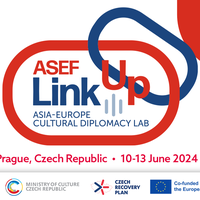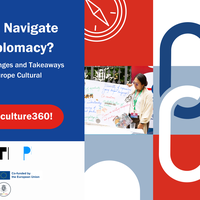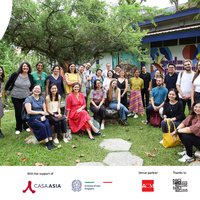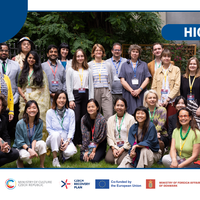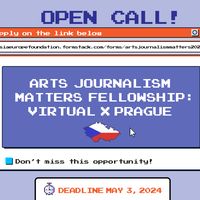ASEF LinkUp 2024 | Government Sector Participants Announced!
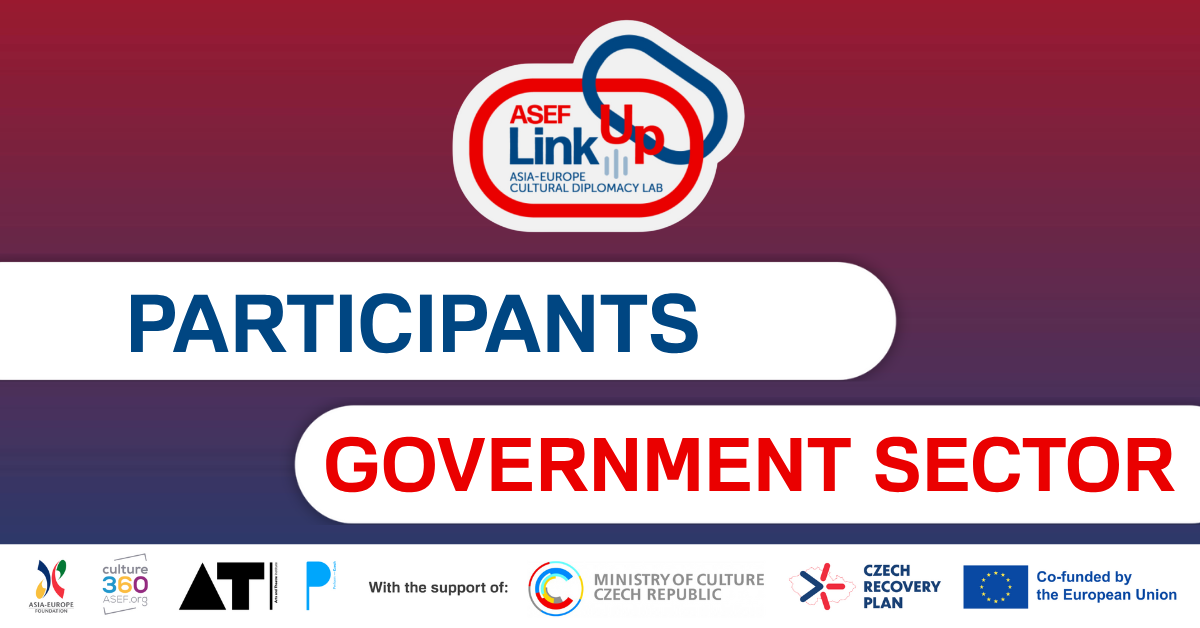
There's 2 weeks till the second edition of ASEF LinkUp | Asia-Europe Cultural Diplomacy Lab!
On 10 to 13 June, ASEF through its arts and culture website, culture360.ASEF.org in partnership with the Arts and Theatre Institute (ATI) will gather 18 selected participants from the cultural and government sectors in Prague, Czech Republic. The participants will be invited to explore future orientations in Asia-Europe cultural relations with a focus on identifying imbalances and providing solutions for fairer cultural exchanges. All participants for this programme are co-selected by the organisers and are by invitation only.
Introducing the 8 government sector participants for this year from France, Germany, Hungary, Indonesia, Japan, Latvia and Singapore. The diversity of participants, spanning from the backgrounds of cultural policy, cultural heritage, visual arts and academia, offered valuable insights into the priorities and perspectives from their respective fields and countries regarding cultural diplomacy.
Changing world order
A common thread that has been echoed by both the arts and government sector participants is the ever changing geopolitical paradigm. Clémentine Boiffier, Project Coordinator at ifa - Institut für Auslandsbeziehungen, who organises cultural cooperation projects and conducts research on international cultural relations, highlights that such changes reflect a shift from a Western dominated world order to a more pluralistic one, as non-Western players gain greater influence on the global stage. It also sparks questions of what such changes in the global environment might mean for cultural diplomacy.
Against the backdrop of global structural changes, Dr Bridget Tracy Tan, Senior Director for the Institute of Southeast Asian Arts and Art Galleries, and the Academic Advisor for Southeast Asian Arts at Nanyang Academy of Fine Arts shares, "it is important not to trivialise or alienate socio-political, socio-economic and geopolitical disruptions that profoundly impact the way we think about, produce and consume art and culture. Cultural diplomacy is a nuanced instrument that evolves alongside resolving bigger questions of not who we are, but who we want to be, and how we want to be better."
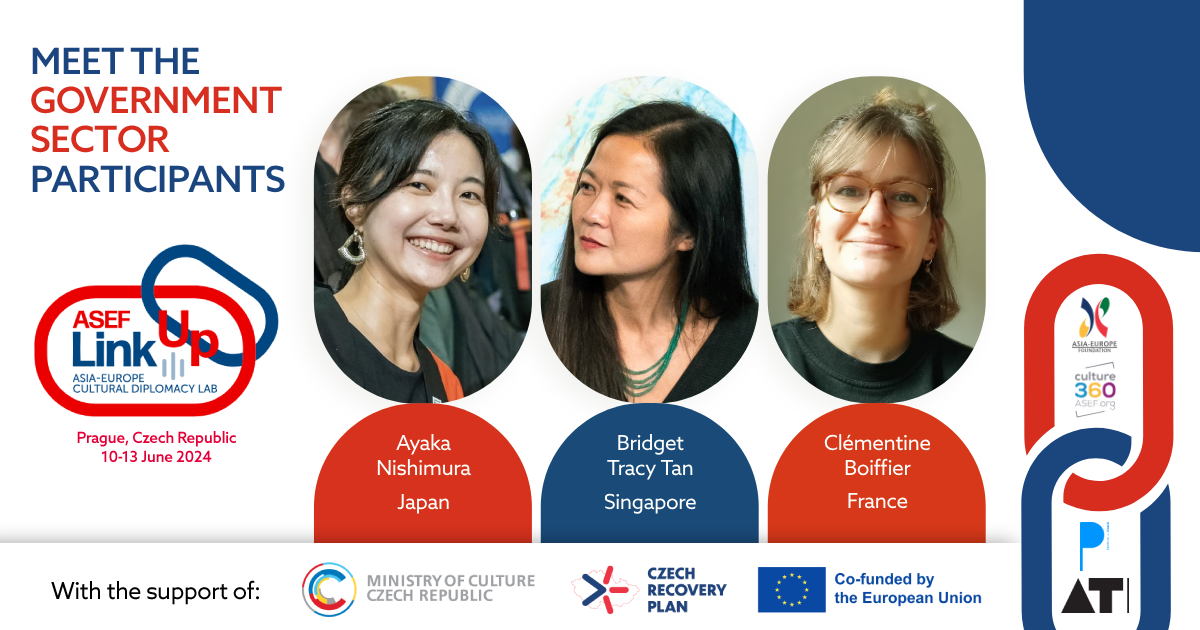
What meaningful cultural diplomacy is and what it is not
Although the place of culture in the changing global environment remains uncertain, what is clear is that impactful cultural diplomacy begins with "giving the most opportunities for cultural actors to meet", as emphasised by the Director of the Hungarian Cultural Centre in Prague, Hajnal Kassai. Arts and cultural practitioners share a common desire for their works and voices to be established internationally and there is also willingness to welcome and engage with those from abroad.
Cultural diplomacy is also increasingly becoming a shared and collaborative responsibility - it is no longer a unidirectional top down approach. Instead, it involves responding to and taking into consideration the needs and interests of civil society, as Sarah Diehl from the German Federal Foreign Office shares.
Ayaka Nishimura, Deputy Director at The Japan Foundation, Budapest, highlighted the importance of "creating events that lead to mutual understanding, rather than one-way cultural introduction opportunities". At The Japan Foundation, Budapest, this is facilitated by organising events where participants would gain a deeper understanding of Japanese culture and values. Whilst such an approach has been rather successful in promoting mutual understanding between Japan and the countries of the Central and Eastern European region in the past, having to maintain or even further deepen the level of understanding amid a declining budget and the lack of participation from the younger generation, remains a challenge.
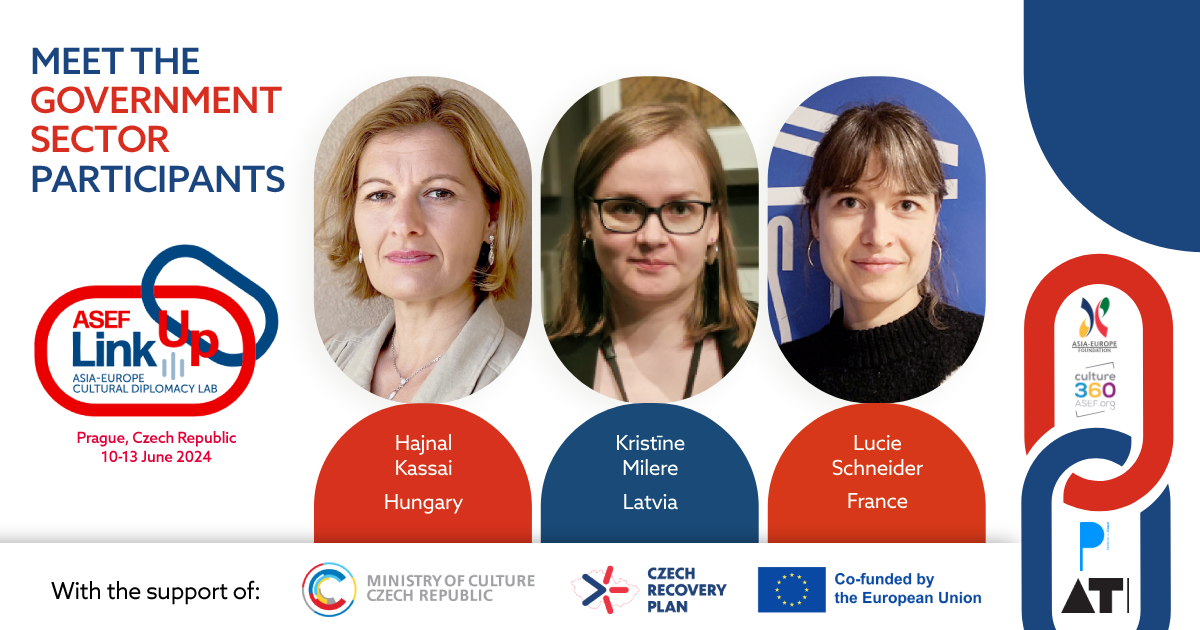
What roles are governments adopting to support deeper cultural relations?
From a museum and curatorial perspective, Kristīne Milere, Exhibition Curator at the Art Museum RIGA BOURSE in Latvia, shares that people to people exchanges remain a strong starting point in the museum's exhibitions and programmes. For instance, co-collaborations with international institutions, embassies and cultural agencies often take centre stage in the exhibition's conceptualisation and design. Local communities are also often involved in the process, bringing together a diverse range of people to work together jointly, a point that was echoed by Bridget too.
Advocating and facilitating wider and more balanced cultural exchanges between developed and developing countries are also on the minds of those from the government sector. Lucie Schneider, Associate Project Officer from UNESCO, highlighted a worrying observation that there remains a persistence of imbalances in cultural exchanges, with some countries and regions dominating the global markets and others being underrepresented. In addition, the fast technological developments and the digital environment have also exacerbated the issue. Article 16 of the 2005 UNESCO Convention, hence strongly advocates for preferential treatment for developing countries - one that is more inclusive and underpinned by the values of mutuality.
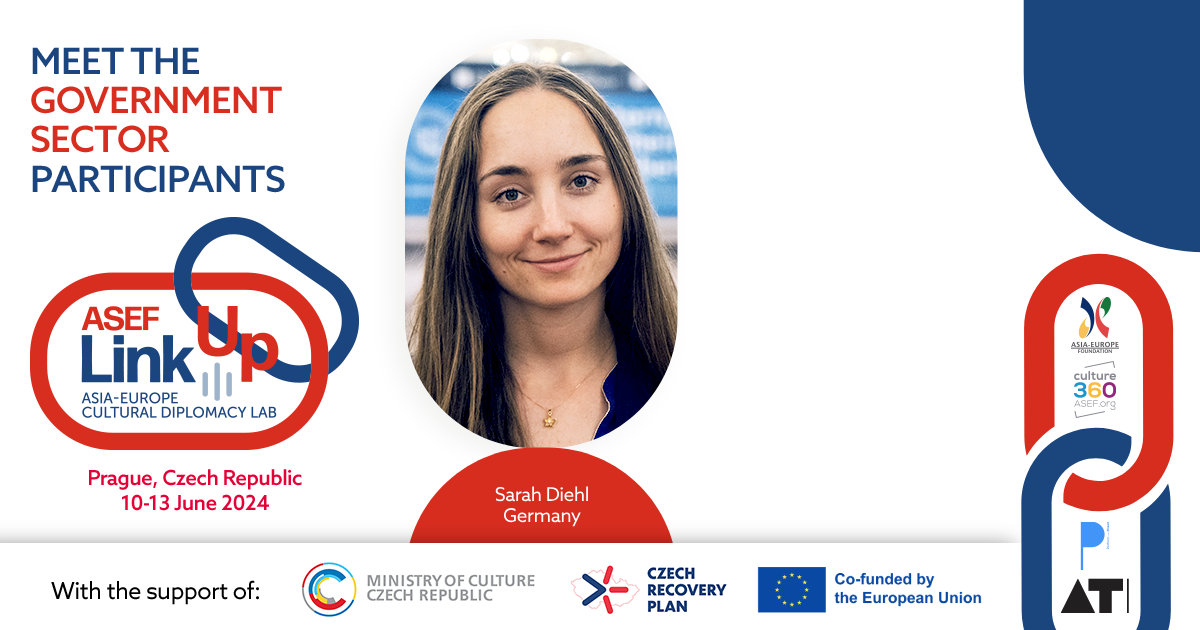
Looking ahead
While there is affirmation in moving towards a culture of equitable and inclusive collaborations and value in embracing bottom-up approaches, new questions have also been sparked that will need to be addressed in the upcoming ASEF LinkUp and in the coming months:
How can the terms of engagement and exchanges be more equal? From cultural diplomacy towards international cultural relations, what needs to change and how do we get there?
In the coming weeks, the second edition of ASEF LinkUp | Asia-Europe Cultural Diplomacy Lab hopes to raise new ideas and issues to build on the conversation.
Follow more conversations on cultural diplomacy and international cultural cooperation by following #ASEFLinkUp on ASEF culture360's social media channels - Facebook, X and Instagram.
Taking place from 10 to 13 June 2024 in Prague, Czech Republic, ASEF LinkUp will serve as a meeting point for up to 20 selected participants from the cultural and government sectors to synergise knowledge and methodologies from Asia and Europe, fostering fresh perspectives on cross-regional relations.
Learn more about this year's #ASEFLinkUp here:
- ASEF LinkUp | Asia-Europe Cultural Diplomacy Lab 2024 | Prague
- ASEF LinkUp | Asia-Europe Cultural Diplomacy Lab 2024: Arts Sector Participants Announced!
Similar content
posted on
28 Mar 2024
By culture360
05 Aug 2024
By Kerrine Goh
01 Nov 2023
By culture360
18 Jul 2024
deadline
03 May 2024
posted on
24 May 2023

